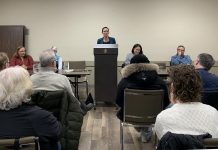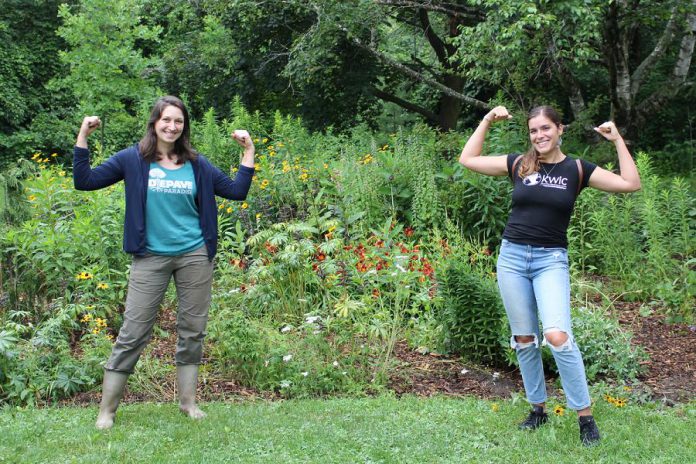
Like many communities around the world, Nogojiwanong/Peterborough is ramping up efforts to deal with the critical issues before us. Following a virtual forum held in March, where community group representatives and interested individuals came together to learn about and discuss a local strategy to address global challenges, we are now ready to take the next step.
The issues of greatest importance to our region — as identified in a community gathering in February 2019 — are prioritizing Indigenous leadership, eradicating poverty, quality education, clean water and sanitation, and climate action.
Four of these five priority areas were selected from the 17 sustainable development goals (SDGs) adopted by the United Nations in 2015. The fifth, prioritizing Indigenous leadership, was chosen by our community to frame and lead the other four priority action areas.
An Indigenous Leadership Action Team was created to prioritize Indigenous leadership. Made up of representatives primarily from local Michi Saagiig First Nations — along with an Elder advisor and two Michi Saagiig Anishinaabe consultants — the action teams representing poverty, education, clean water, and climate action were guided to understand and consider their issue from an Indigenous worldview and perspective.
To help the action teams, the Indigenous Leadership Action Team highlighted existing resources, offered important insight, and identified voices missing from the consultation process.
At the spring forum, the community was introduced to the five action teams tasked with leading the local SDG response. Four months later, our local action teams, as supported by the Kawartha World Issues Centre and GreenUP, are ready to share their approach, strategies, and the opportunities they see for our community.
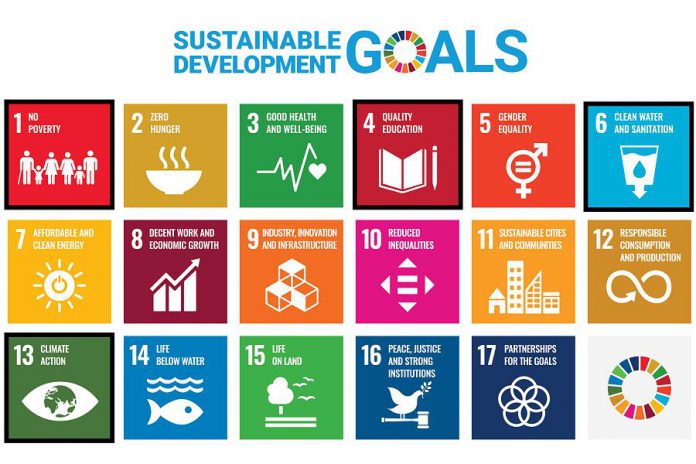
To promote an understanding of the local SDG project, what the priority areas mean locally, and how they can be addressed, the action teams created reports for our use. They can be found alongside the local SDG project overview at www.kwic.info/advancing sdgs.
Below you’ll find a sample of next steps from each of the action team reports. While reading them, consider how they might be applied to your own lives, work, and community.
In the report from the Indigenous Leadership Action Team, team members recommend we work towards increasing access to cross-cultural, land-based learning. This will enable us to build stronger relationships with each other and the land.
The report also suggests creating more opportunities for youth, identifying and supporting Indigenous champions, and promoting the development of reciprocal relationships between local decision-makers and Indigenous communities.
Finally, the Indigenous Leadership report encourages a shift in our current system to one where we are open to transformation through Indigenous knowledge, relationships and worldviews. This would enable us to move beyond “us and them” to a more collaborative way of living together and moving forward.
The next step in the local SDG process, as recommended by the No Poverty Action Team Report, involves ensuring that those who have experienced, or are experiencing, poverty are included in the development and delivery of anti-poverty initiatives. To address their challenge, this team also recommends building deeper partnerships and support systems between community organizations, including those that haven’t historically identified themselves as part of the anti-poverty movement.
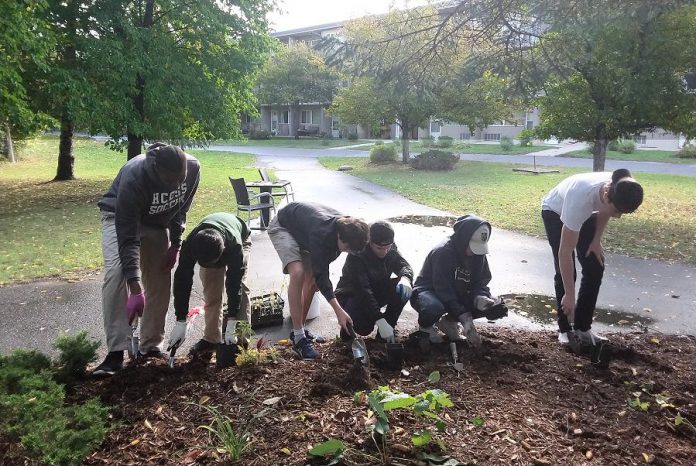
The local Quality Education Action Team wants to ensure we’ve included the input and engagement of people who’ve been excluded from quality education initiatives in the past, especially youth from traditionally marginalized groups. Quality education initiatives should respond to the specific needs of a community. Greater representation during both program design and implementation will ensure that these initiatives provide meaningful opportunities for all learners.
Next steps from the Clean Water and Sanitation Team Report include developing or building upon existing local groups, partnerships, and networks in a way that enables a diversity of stakeholders to advocate for clean water. This team is interested in collecting data on local water and watershed health in order to initiate meaningful future improvement.
Our local governments and community groups have already put much thought and consultation into developing a response to climate change in our communities. In their report, the Climate Action Team indicates that an important next step in addressing this issue is to prioritize the implementation of these plans and policies, and to collaborate across sectors to maximize their impact.
Ultimately, the SDG action team reports provide a model for how to approach and advance the key priority areas for our community and engage individuals that are often excluded in local decision-making.
“Great efforts have been made to include as many voices as possible in this project,” says Brianna Salmon, executive director of GreenUP. “Like the global SDG movement, the project is committed to ensuring no one is left behind. We want everyone to feel welcome to share their concerns and to be a part of the solutions.”
Many in our global community agree that now is the time for change and transformation. While global frameworks like the sustainable development goals are helpful in getting national priorities on track for positive change, we need real action at the local level.
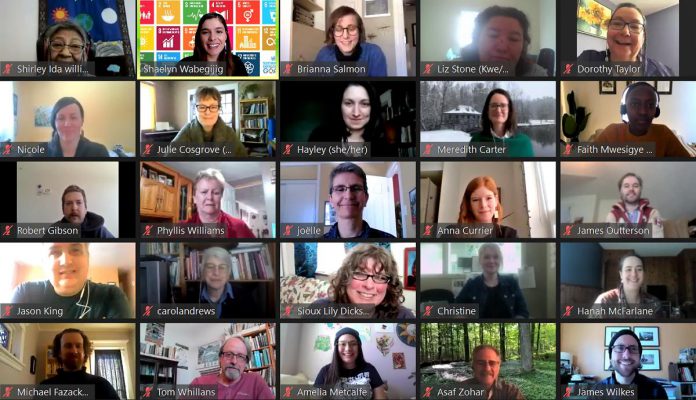
As a community, we’ve been gifted with a diversity of citizens — including you — who have the knowledge, skills and determination to improve our world and address the challenges we face.
The local SDG team encourages you to continue the conversations we’ve started, look for opportunities to implement these recommendations, and build relationships to move this project forward, together, in a good way.
If you have any questions, please email shaelyn@kwic.info.





